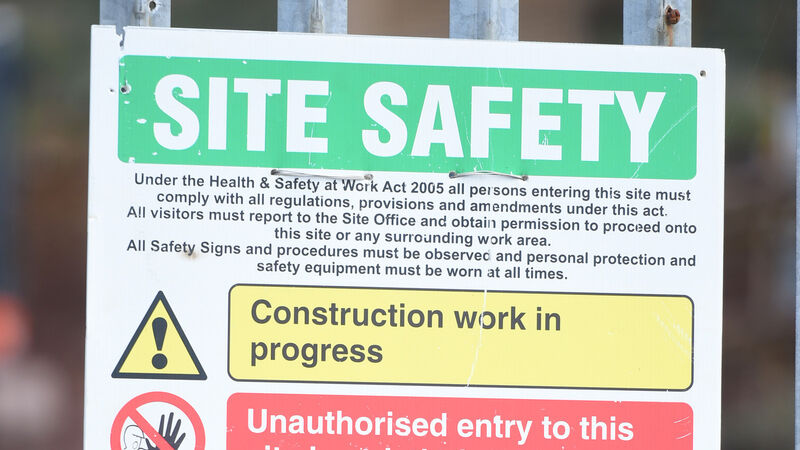Pressure mounts for construction to fully reopen

At the moment, only what is being deemed as essential construction work is continuing, largely comprising public sector-related projects and foreign direct investment-targeted work.
Pressure is building on the Government to fully reopen construction sites, with fears growing that the bulk of the industry is likely to remain closed beyond the next Covid restriction review date of April 5.
Reports suggest that only a partial loosening — to allow for an increase in housebuilding, in the main — could be allowed next month.











